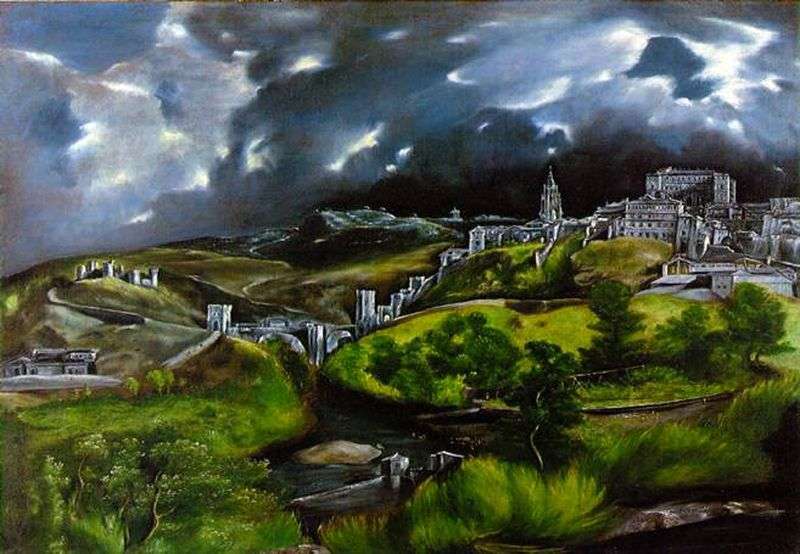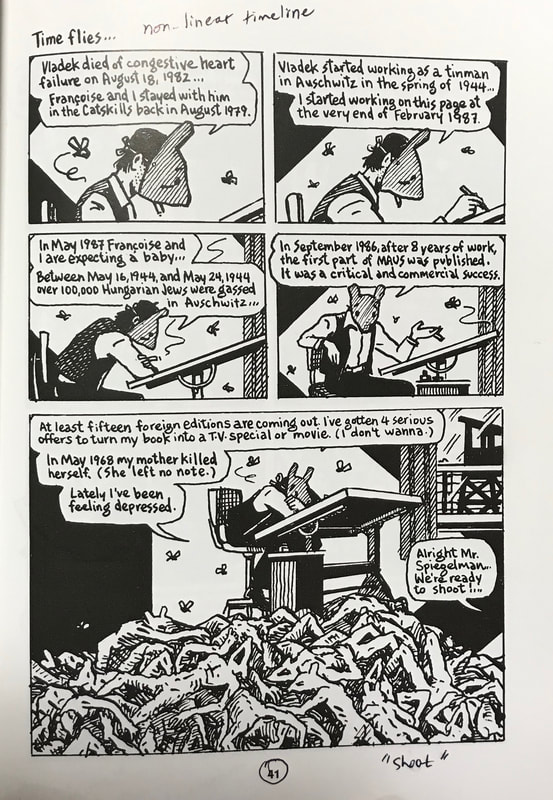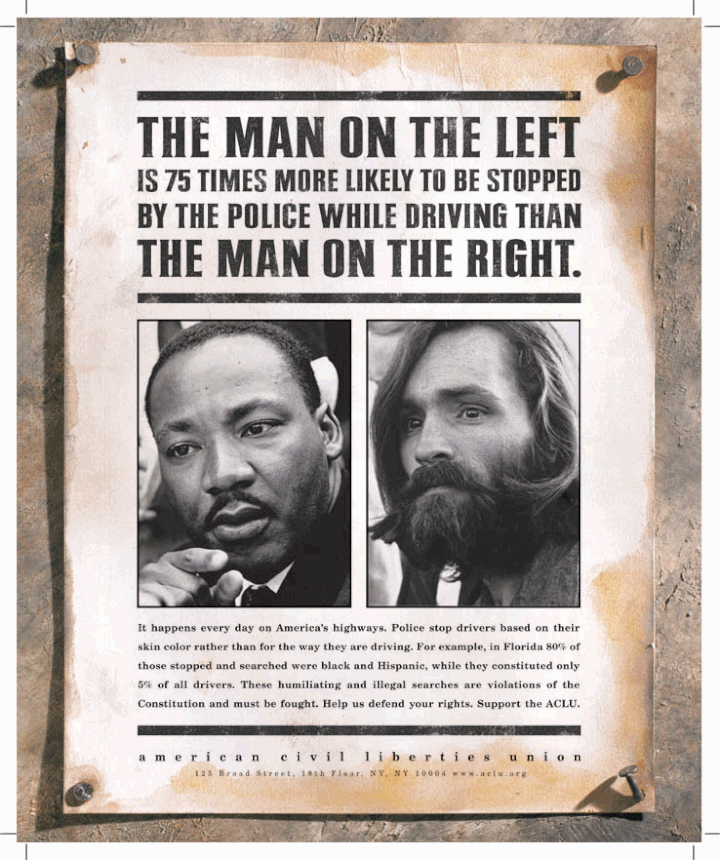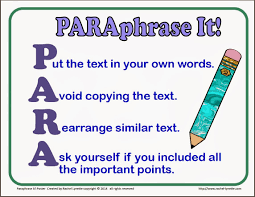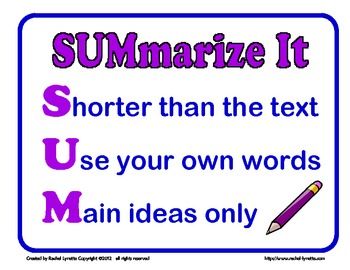Let me preface this project with a personal reverie. Out for grocery shopping yesterday afternoon I crossed the paths with some fellow shoppers who were elderly ladies. And each of these ladies was strikingly beautiful in my eyes, which made me wonder. Is there any unspoken rule about weekday afternoon shopping as opposed to hectic after-work shopping?
Then, it dawned on me that their beautiful poise and deliberate deportment were what was striking and compelling me to look at them closely. And I saw in their eyes our common bond of fear, anxiety, and acquiescence about the current situation. At that very moment, they as well as I were truly alive and aware of our time and space in this universe and we were all in touch with our vulnerable humanity.
The solemnity this pandemic brought to us makes me more aware of our human condition and I do not doubt that we will be better off for having this moment of "cultural vaccination," which gives us a better appreciation of our humanity and of the physical proximity with fellow humans.
There is no reason to see gloom inside your eyelids, kids. Let's take this forced moment of personal isolation and social distancing as a cultural vaccination and come out of it stronger.
_____________________________
Having said that, here is our final project for the spring semester of 2020.
We will use the five excerpts as the spring board in developing either a five-page, academic, literary, analytical essay or a creative project of visual, graphic, musical, poetic, or performing nature.
_____________________________
Option 1: A Five-page Academic, Literary, Analytical Essay
Below are five texts (Texts A-E). Choose at least three of these texts to answer the question, “in what ways are these texts responding to their specific physical environment and humanity's relationship with nature?”
Whatever critical approach or perspective you adopt, you need to compose a thesis that takes all three texts into account—that is, you need to have a clearly conceptualized overall argument that is supported by your analysis of the texts.
You may pair two texts that deal with a similar theme or world view and compare and/or contrast the various ways these texts respond to their specific physical environment, the issue of solitude and social relations, and nature in general. You may also apply close reading and literary analysis to these texts.
If you find a text that does not fit in the analytical frame that you have adopted, you may use that text as a counterargument or a concession.
Be sure to incorporate direct quotations and specific examples from all three texts.
This five-page academic, analytical essay should comply with the MLA formatting guidelines:
Times New Roman font
Font size 12
Textual evidence with proper citations
A works cited page
____________________________
Option 2: One of Multi-modal Creative Projects
You need to go over the five excerpts thoroughly just as you would do to tackle Option 1. This will broaden up your perspective and deepen your appreciation of creative singularities, with which authors and thinkers respond to their environment, nature, and existential conditions. Now, ask yourself in what ways you reflect on and respond to the physical, social, and environmental foundation of your life and choose a creative mode that may showcase your talent or personality the best.
What creative medium you may choose, all works done to satisfy Option 2 should be authentic, meaning that you should not plagiarize or use another's work as a template.
2-1: Visual Representations + a 300-word Report
You may want to create book covers, digital paintings, or illustrations of the three texts of your choice. Please attach a 300-word report that illustrates your reasons to focus on specific literary elements and imagery you have singled out in those chosen texts.
2-2: Authentic Poems + a 300-word Report
You may choose to write three poems (either handwritten or typed on a separate sheet of paper) while highlighting the content of each poem and enhancing its mood by adding visual or symbolic elements. Afterwards, please attach a 300-word written report in which you communicate what driving literary elements, mood, or imagery you have attempted to convey to your reader/ viewer.
2-3: Authentic Song + a 300-word Report
You may also write and sing an authentic song; you need to film your performance of the song and submit the video/ audio file along with a 300-word report in which you communicate the creative reasons behind the specific lyrics, theme, style, tone, mood, and rhythm of this song.
2-4: A Short Film/ Montage + a 300-word Report
Finally, you may create a narrative short film or a visual montage (4-5 minutes) and submit the video file along with a 300-word report that communicates your decisions to utilize the specific content, theme, style, tone, mood, and filming techniques in creating this film.
__________________________
5 Excerpts: shared reading assignments for both Option 1 and Option 2
Text A: a short story by Ray Bradbury
(pedestrian_1951_ray_bradbury.pdf)
Text B: a poem by Emily Dickinson
(www.drkaylee.us/romantic-literature/j-986-by-emily-dickinson)
Text C: a poem by William Wordsworth
(www.drkaylee.us/romantic-literature/i-wandered-lonely-as-a-cloud-william-wordsworth-1804)
Text D: Henry David Thoreau's Walden Chapter 5
(etc.usf.edu/lit2go/90/walden-or-life-in-the-woods/1546/solitude/)
Text E: A Satirical Video Clip from The Simpsons
(a composite video clip from Season 22 Episode 6; Season 4 Episode 21; and Season 9 Episode 3)
| |
